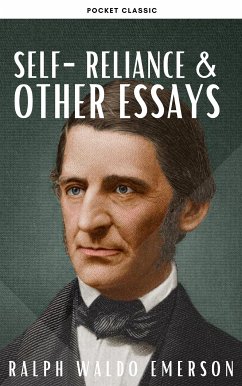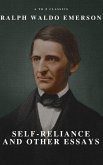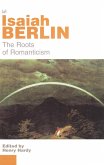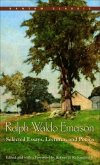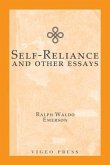Essayist, poet, and philosopher, Ralph Waldo Emerson (1803-1882) propounded a transcendental idealism emphasizing self-reliance, self-culture, and individual expression. The six essays and one address included in this volume, selected from Essays, First Series (1841) and Essays, Second Series (1844), offer a representative sampling of his views outlining that moral idealism as well as a hint of the later skepticism that colored his thought. Contents : Essays (First Series) Ralph Waldo Emerson History Self-Reliance Compensation Spiritual Laws Love Friendship Prudence Heroism The Over-Soul Circles Intellect Art Essays (Second Series) Ralph Waldo Emerson The Poet Experience Character Manners Gifts Nature Politics Nominalist and Realist New England Reformers
Dieser Download kann aus rechtlichen Gründen nur mit Rechnungsadresse in A, B, BG, CY, CZ, D, DK, EW, E, FIN, F, GR, H, IRL, I, LT, L, LR, M, NL, PL, P, R, S, SLO, SK ausgeliefert werden.

